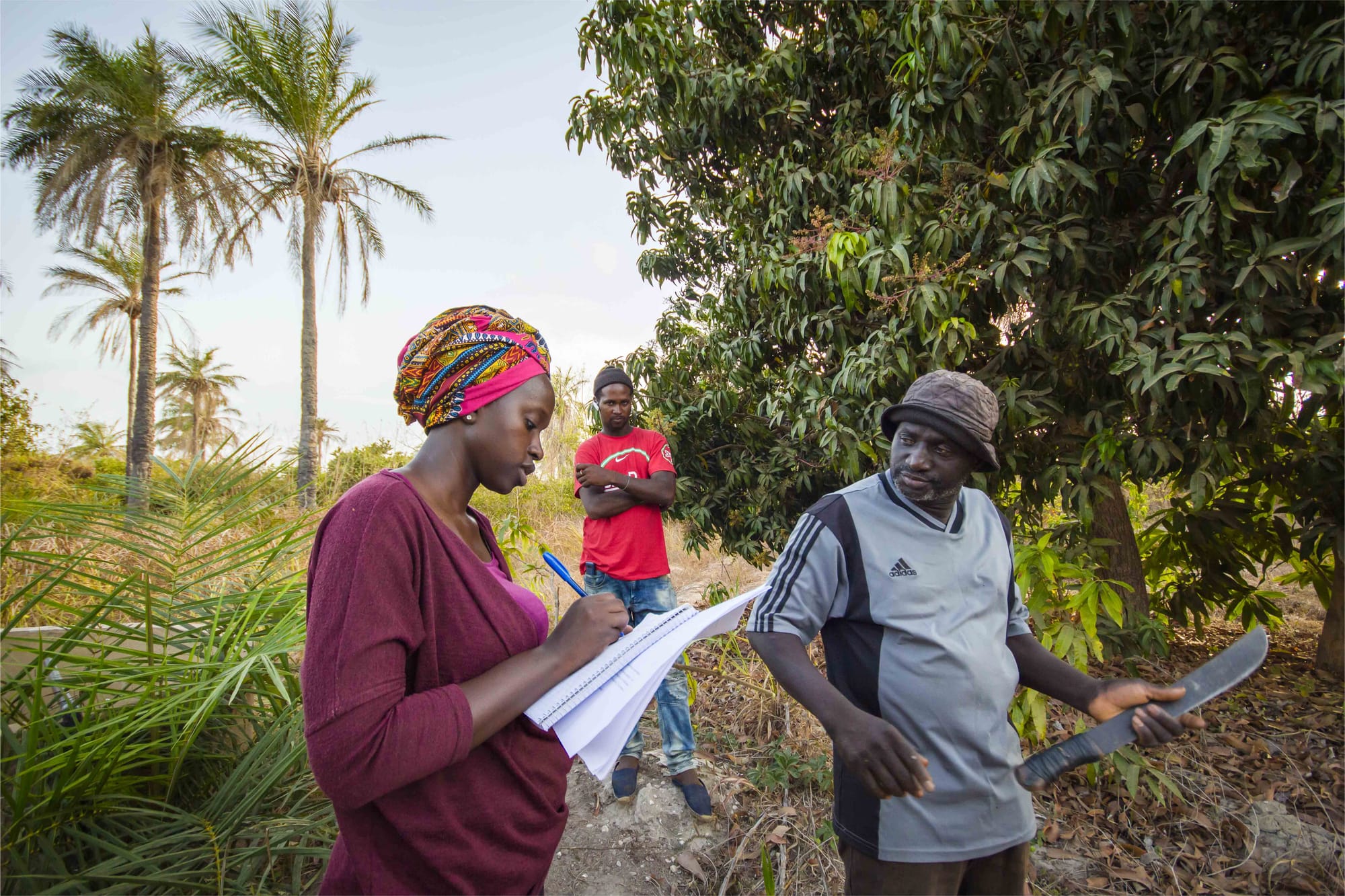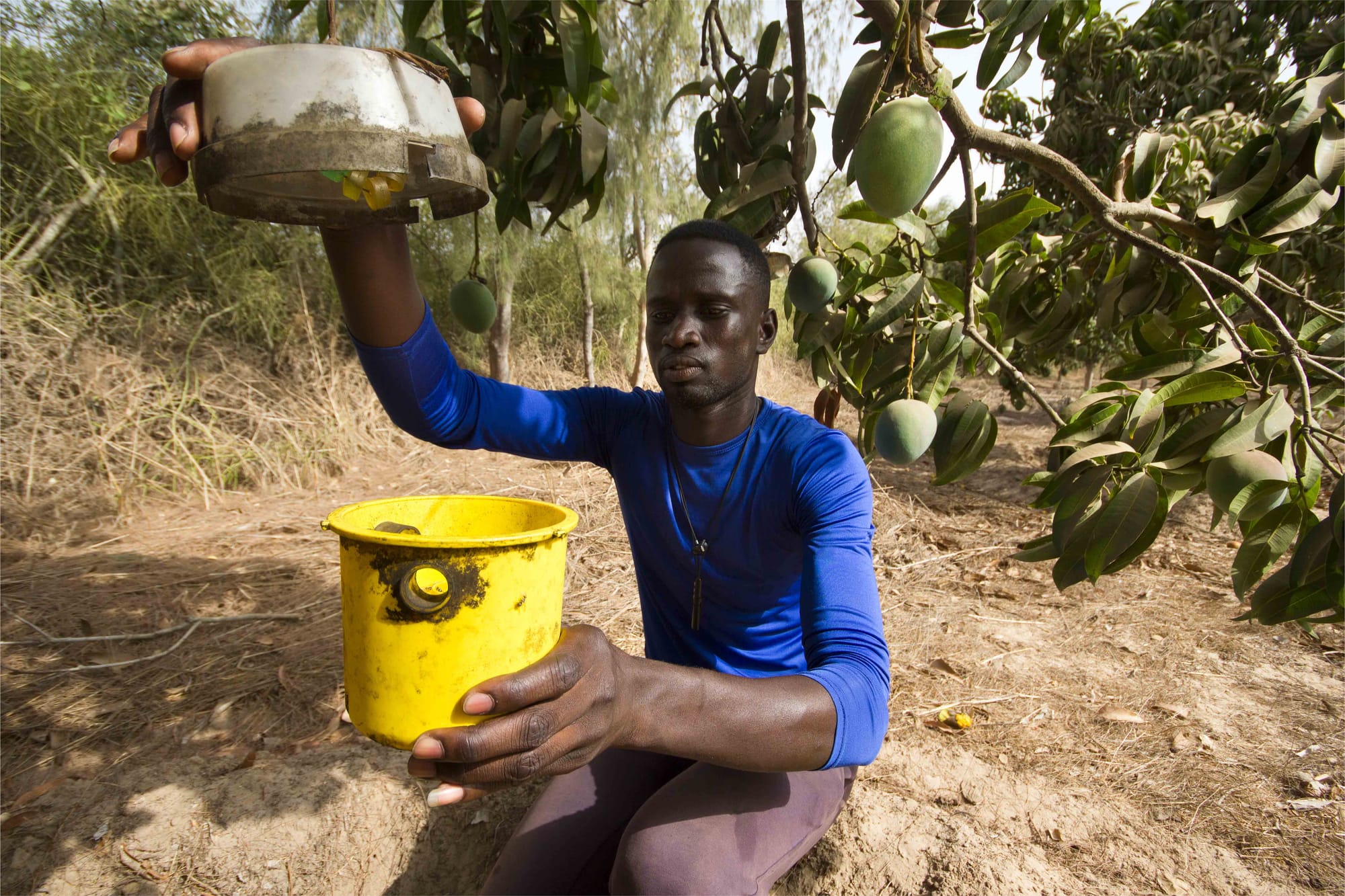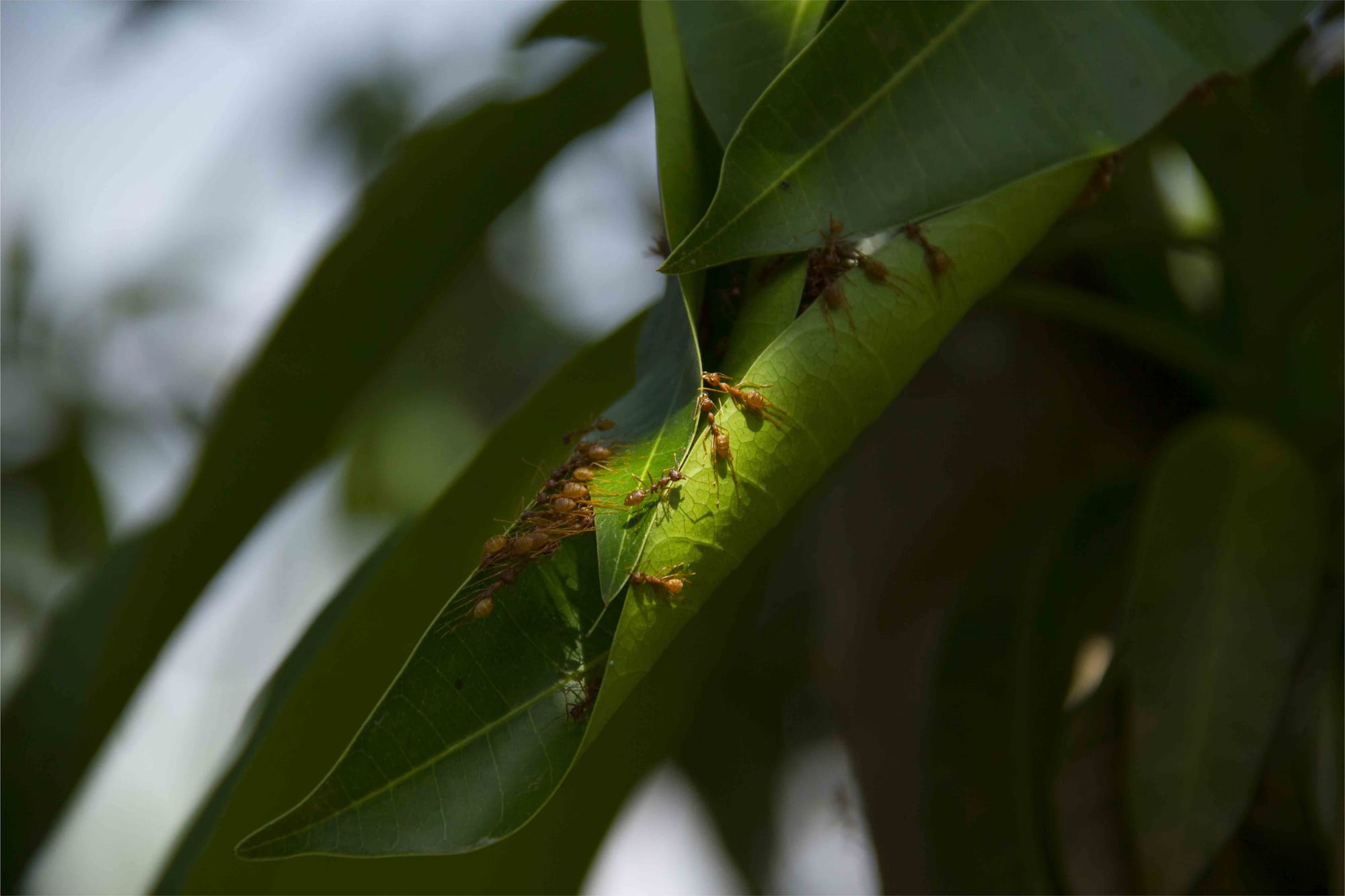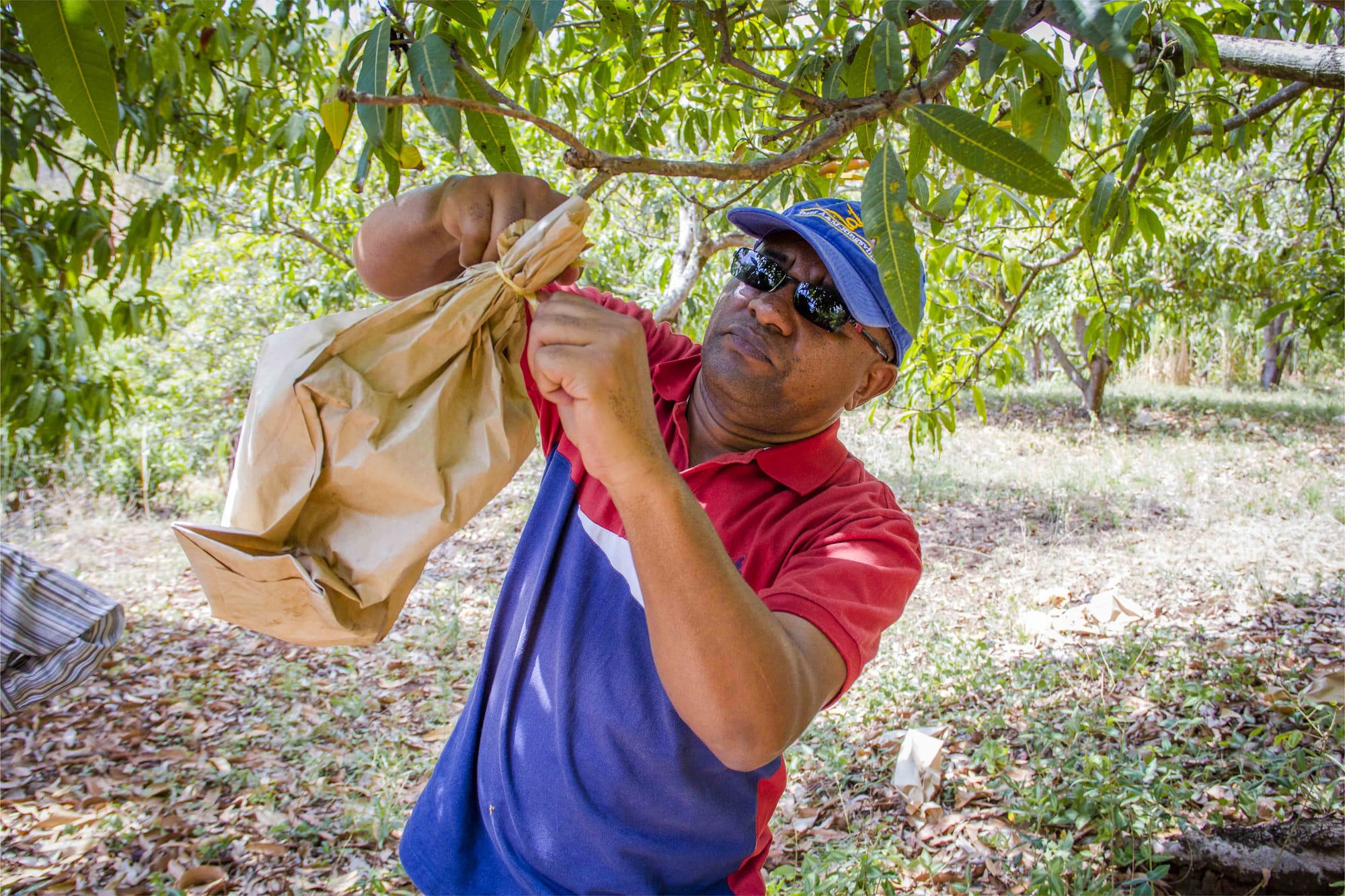Mango losses
The majority of the mango fruit produced in Africa is lost before it reaches consumers’ plates: a logistic and organisational challenge for African fruit producers.
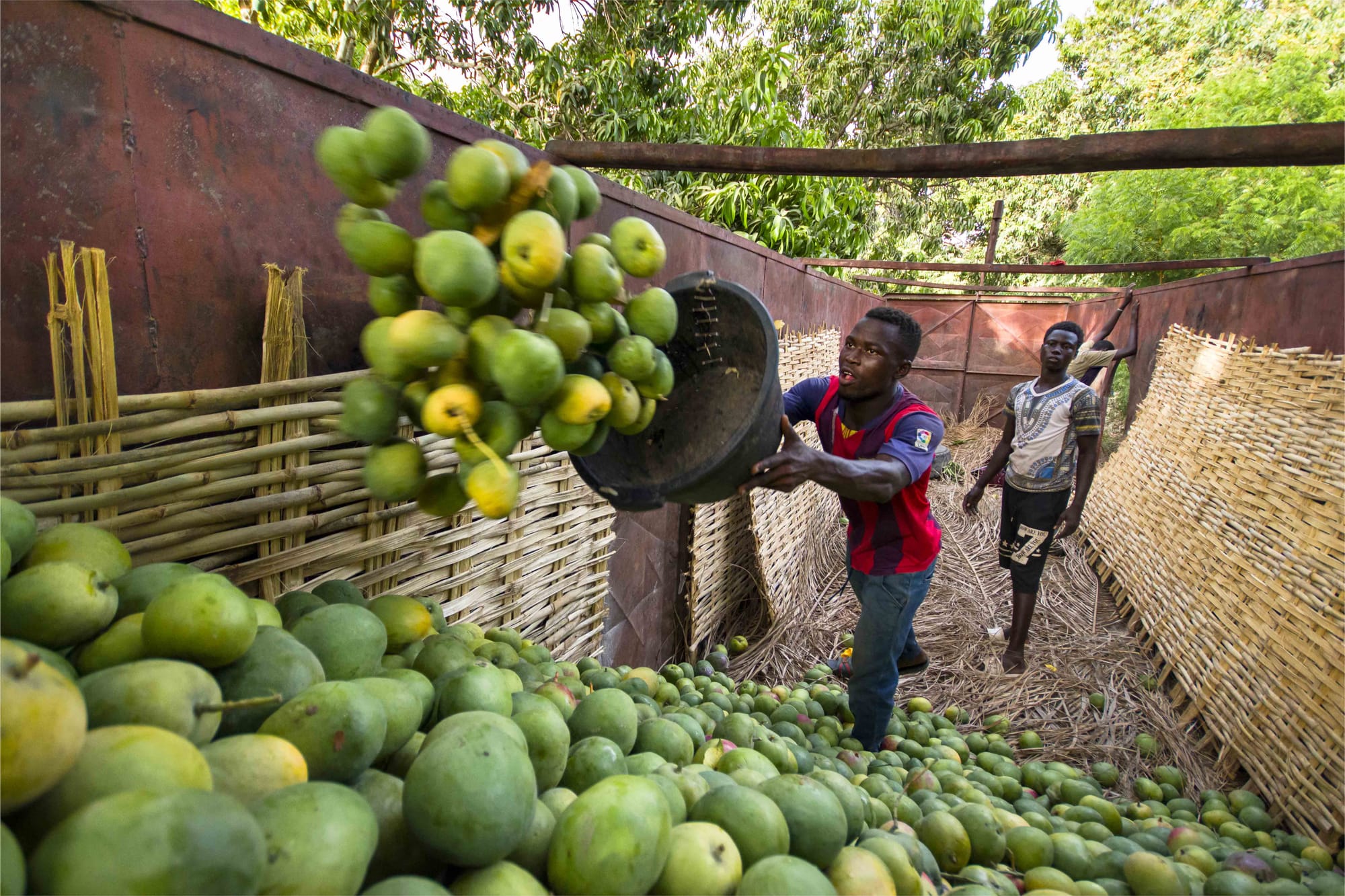
Pre-harvest losses
In Senegal, the mango sector plays an important role in the support of the economy and food security. However, the development of the mango sector has been hampered by significant pre-and post-harvest losses due to the oriental fruit fly and other pests. Photos below show fruit eaten by bats, fruit flies as well as an accumulation of dead fruit flies from an artisanal pheromone trap.
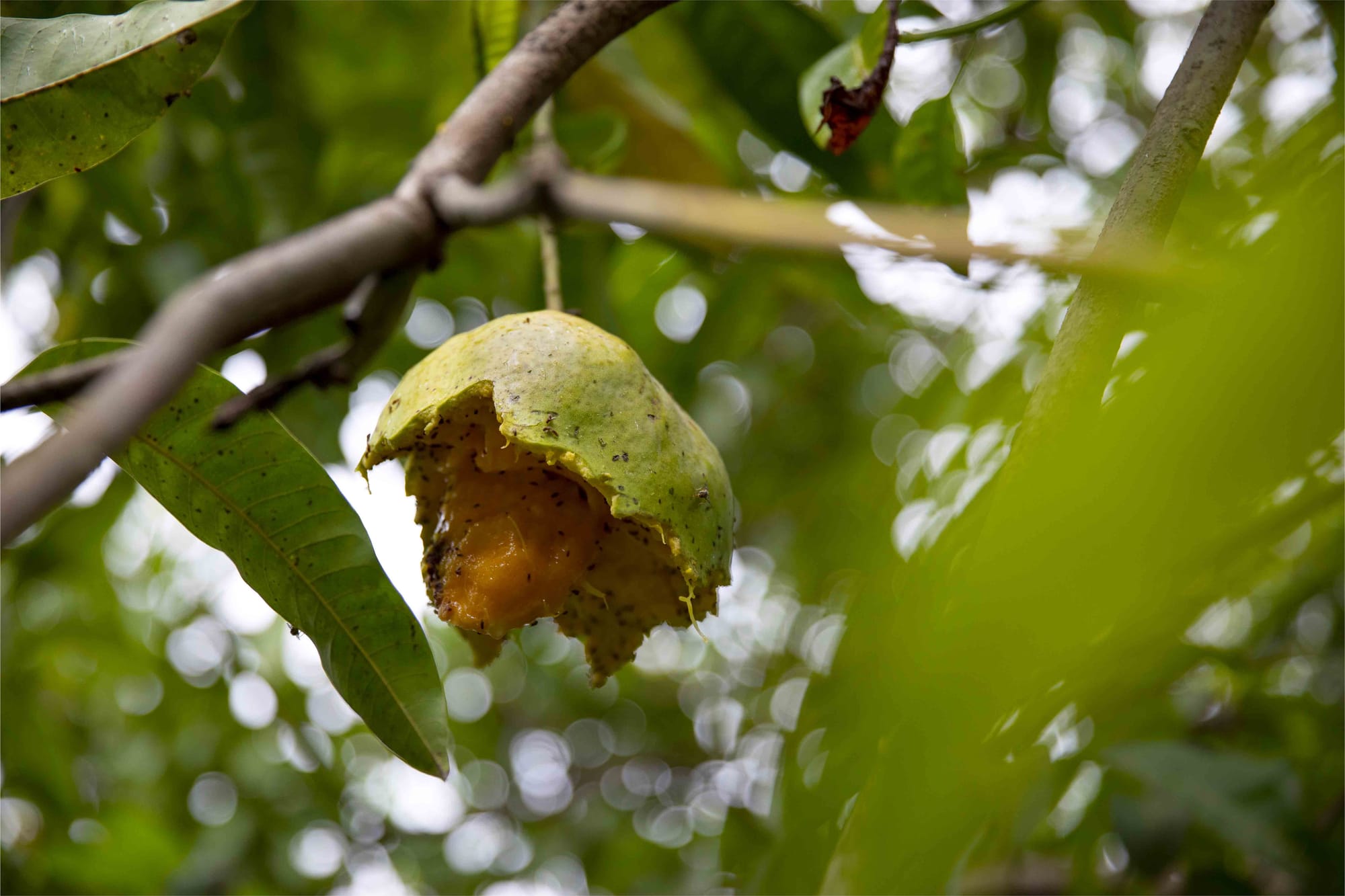
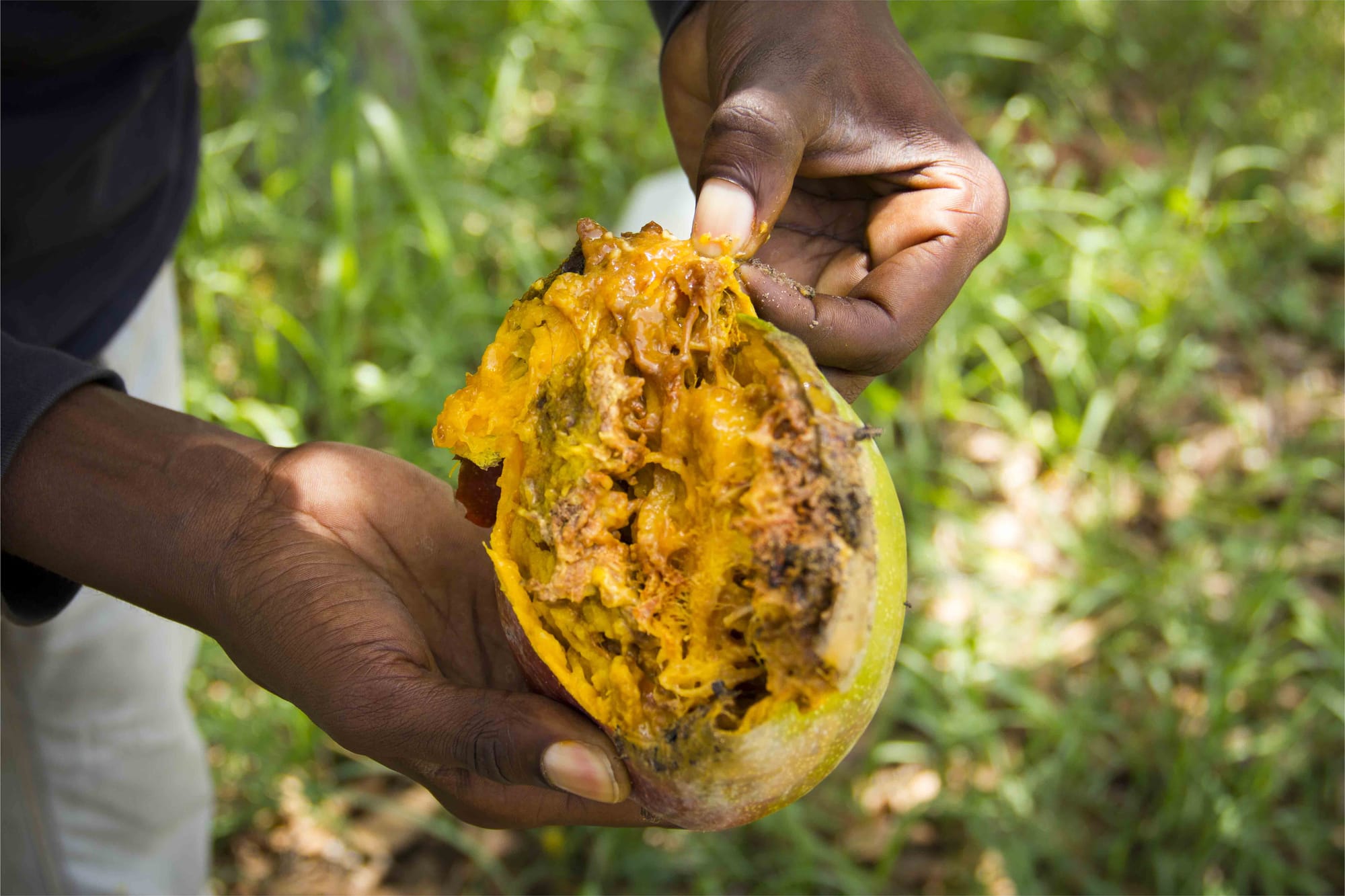
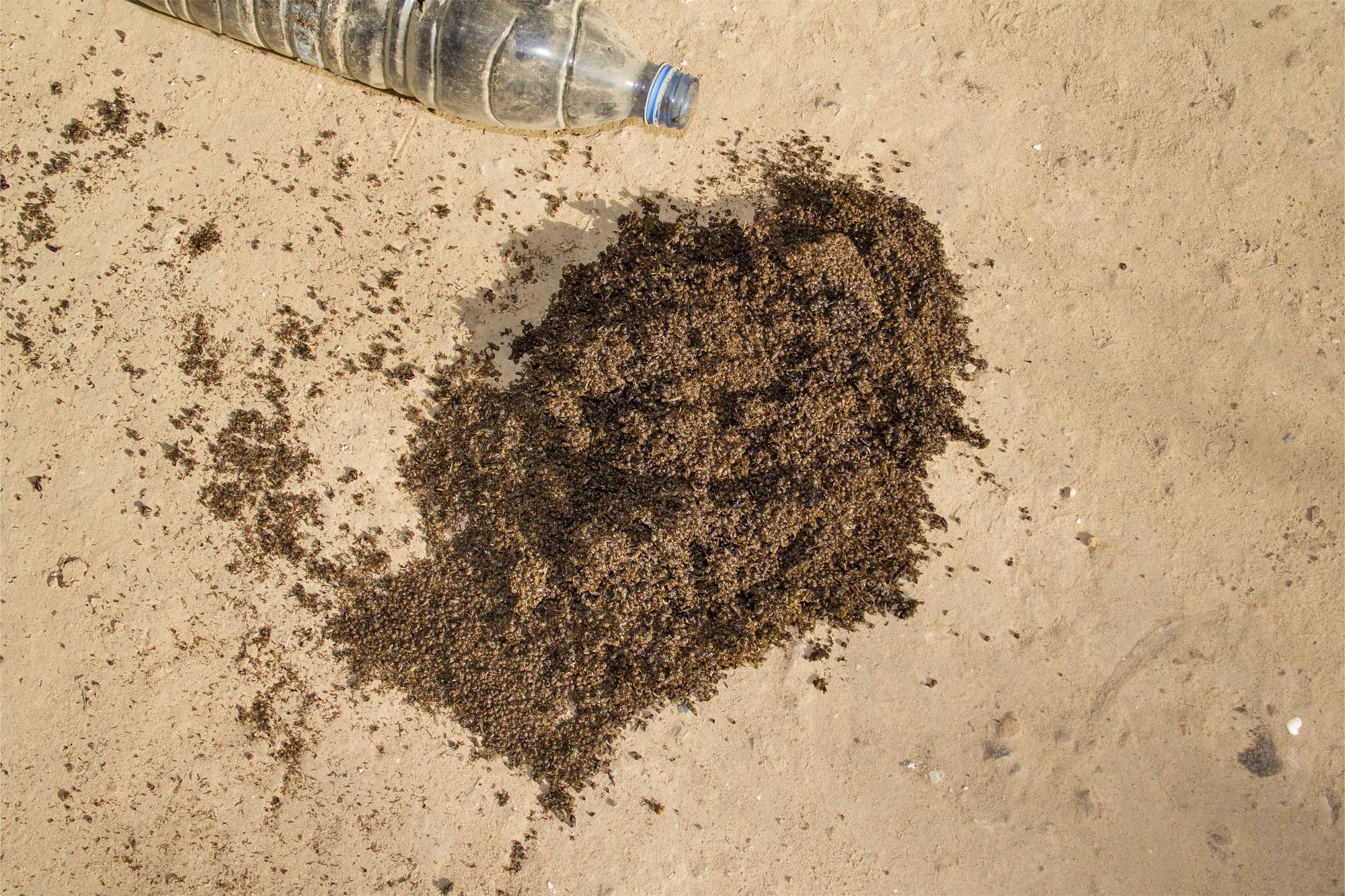
Losses at harvest
Harvest can also contribute to fruit losses. In Casamance (Southern Senegal), the mango orchards are so old that they have turned into veritable forests of trees that can reach 40 meters. Mango buyers do not harvest themselves: they pay village children or young men to climb trees and lower mangoes to the ground. The mangoes crash to the ground, which injures the fruits and accelerates their rotting.
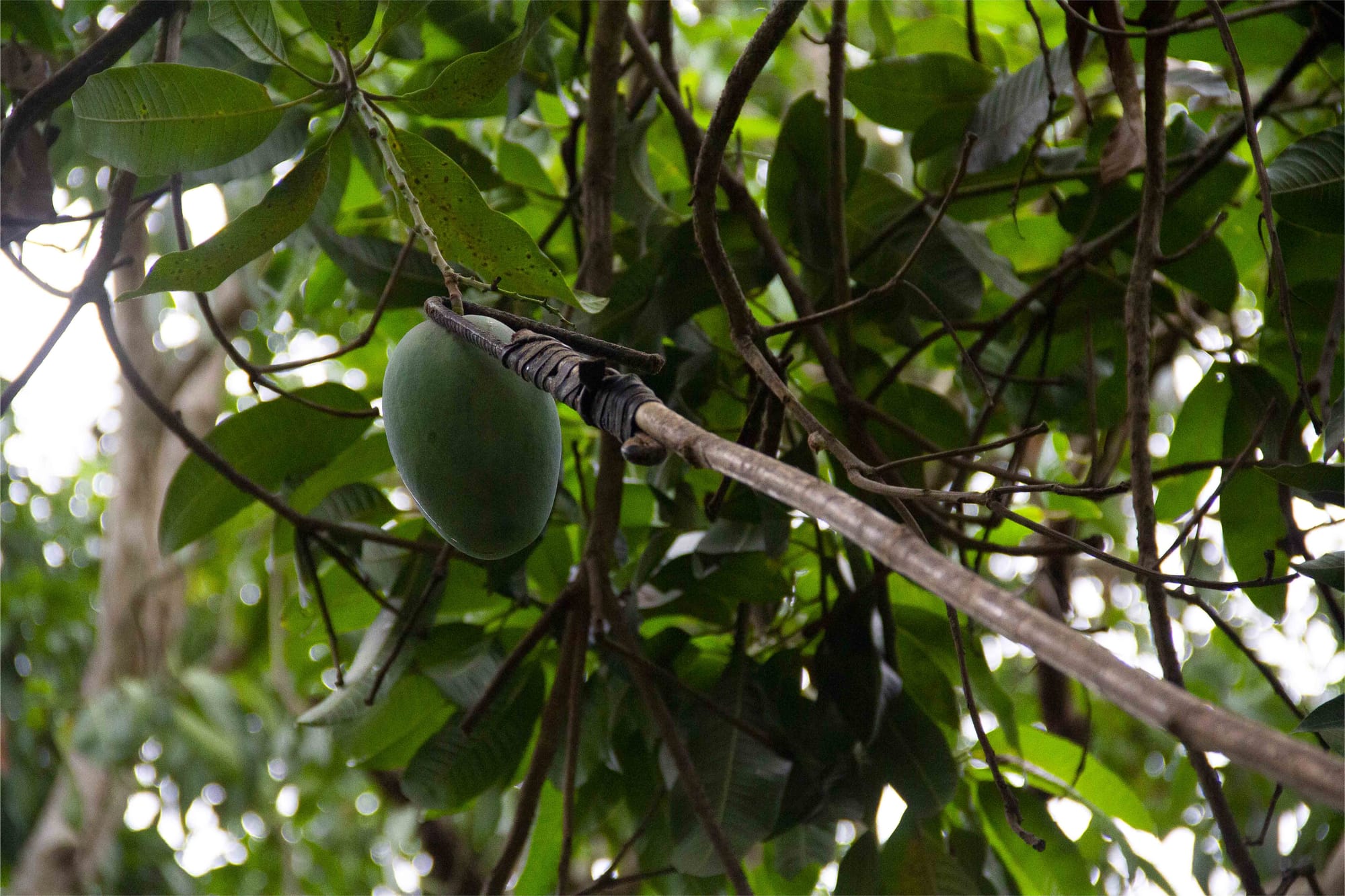
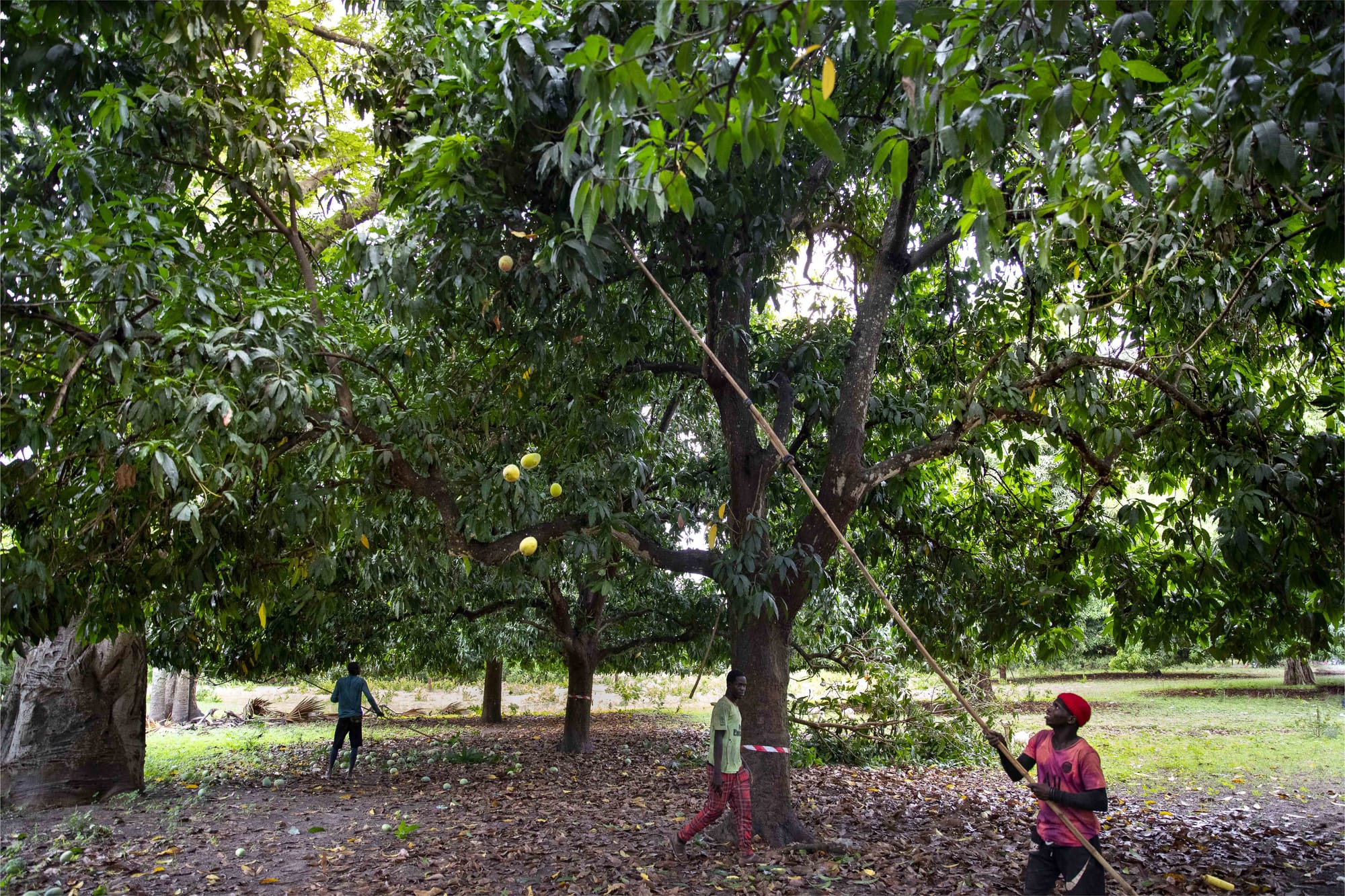
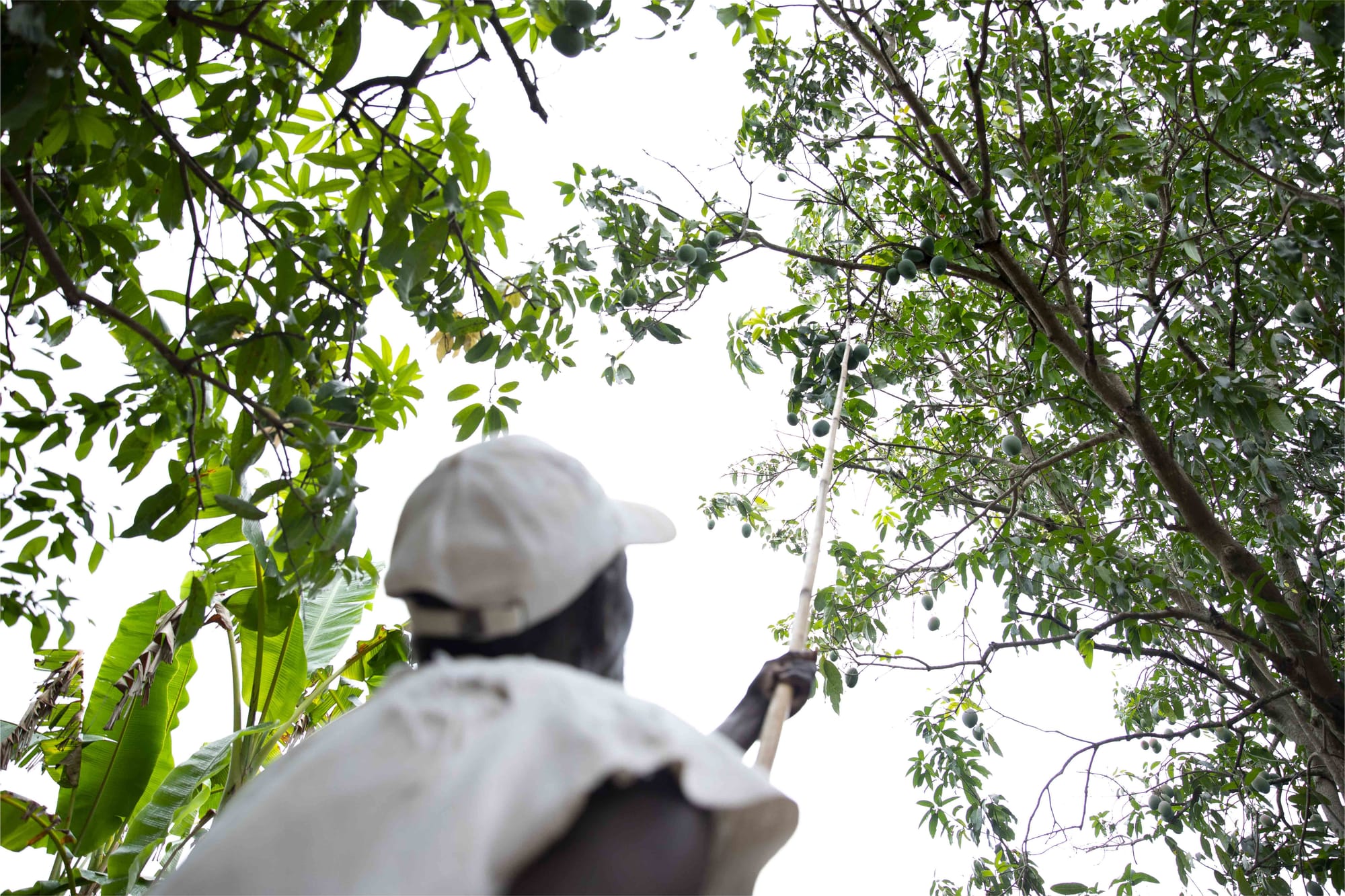
Post-harvest losses in local supply chains
In the Senegalese domestic mango sector, poor harvest, post-harvest and marketing conditions are a key factors in sector losses.
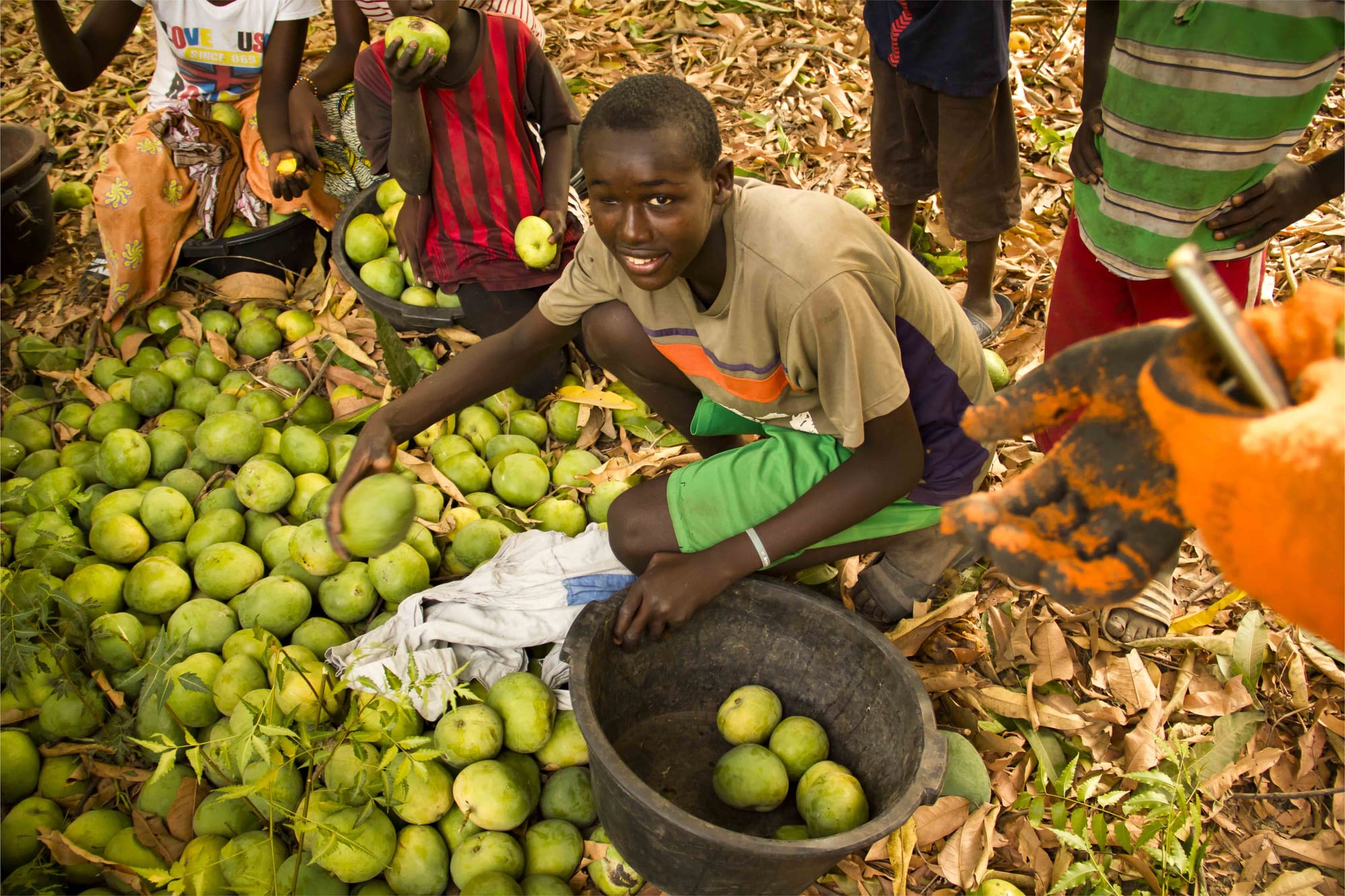
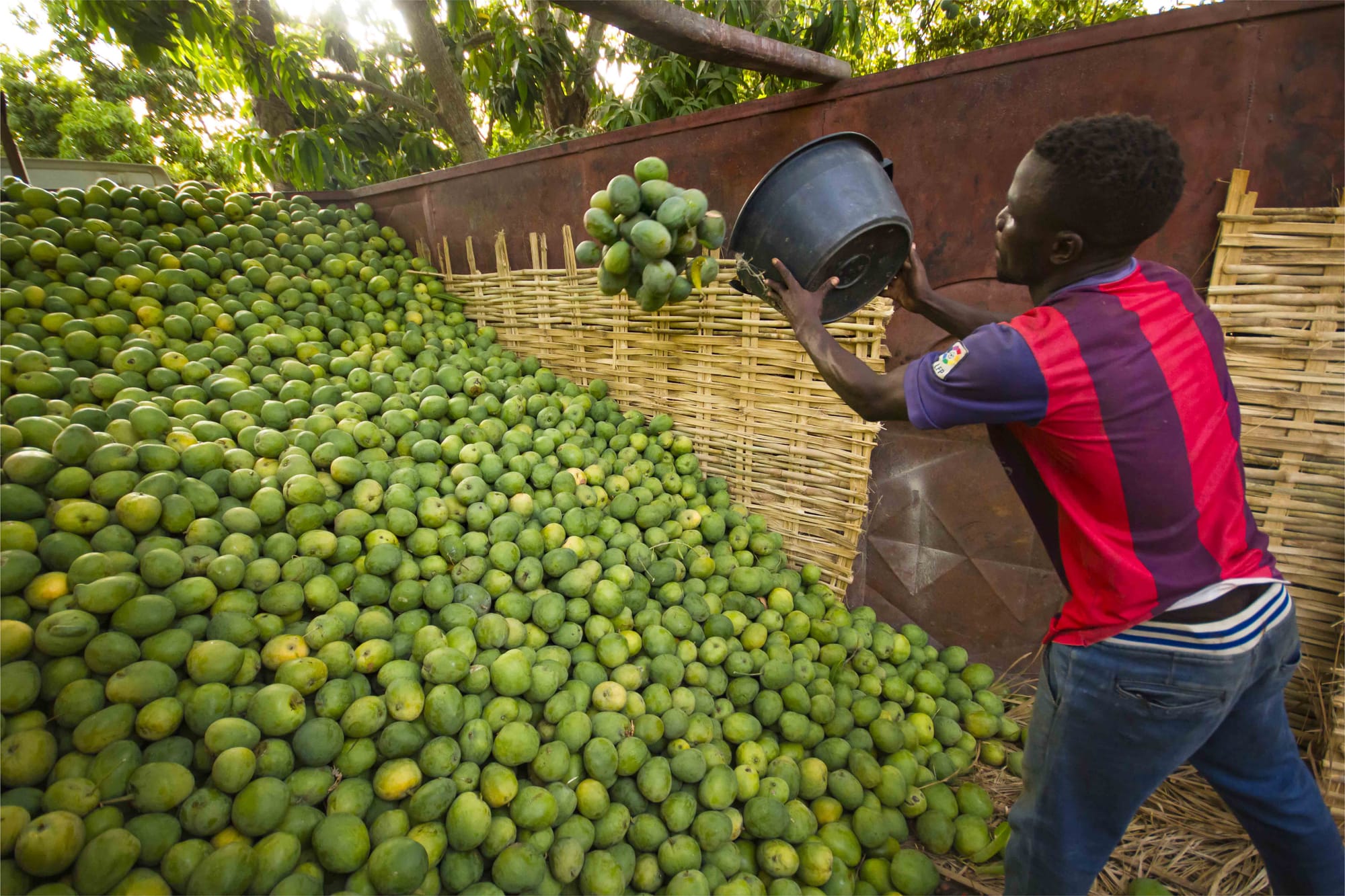
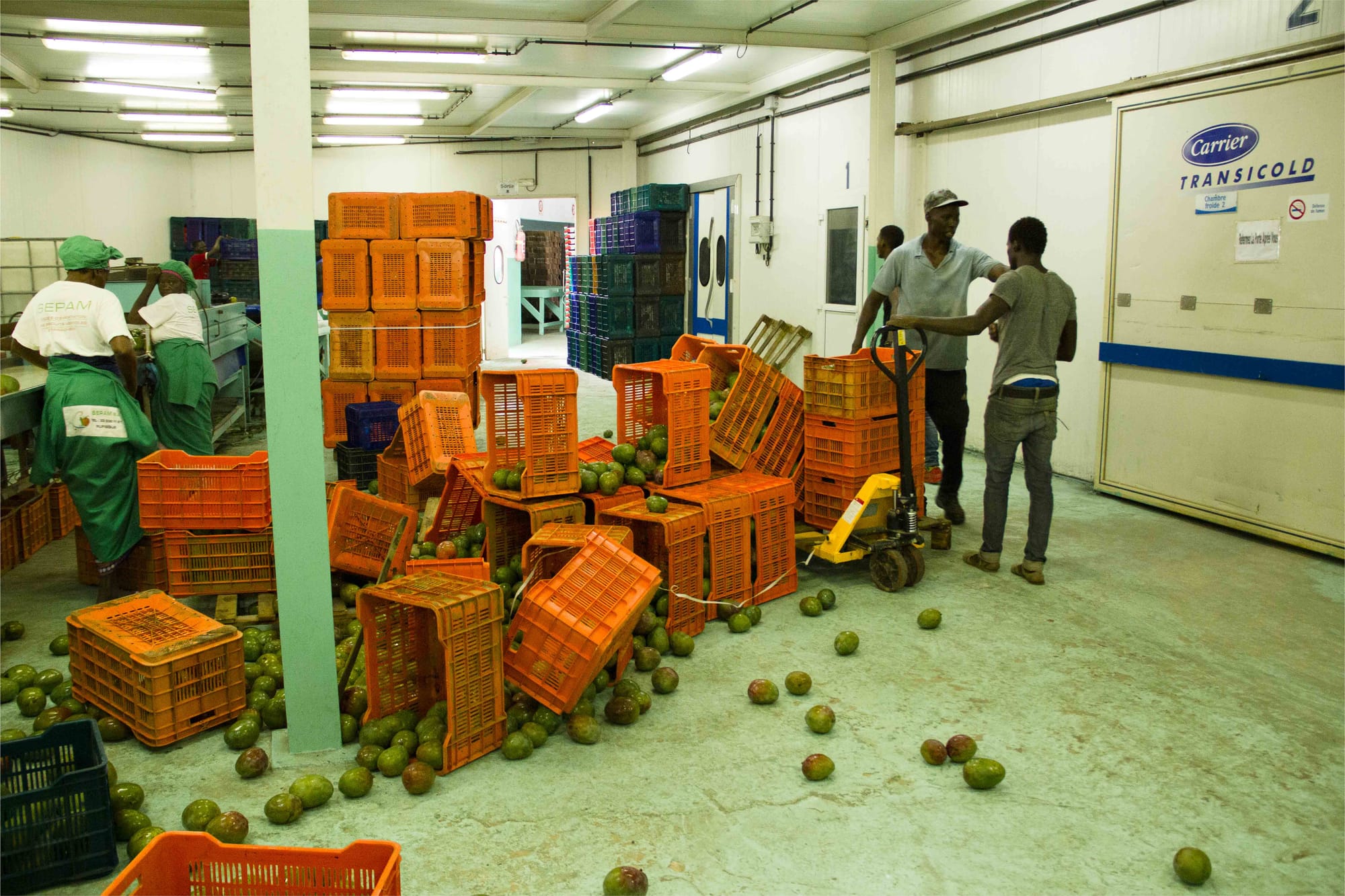
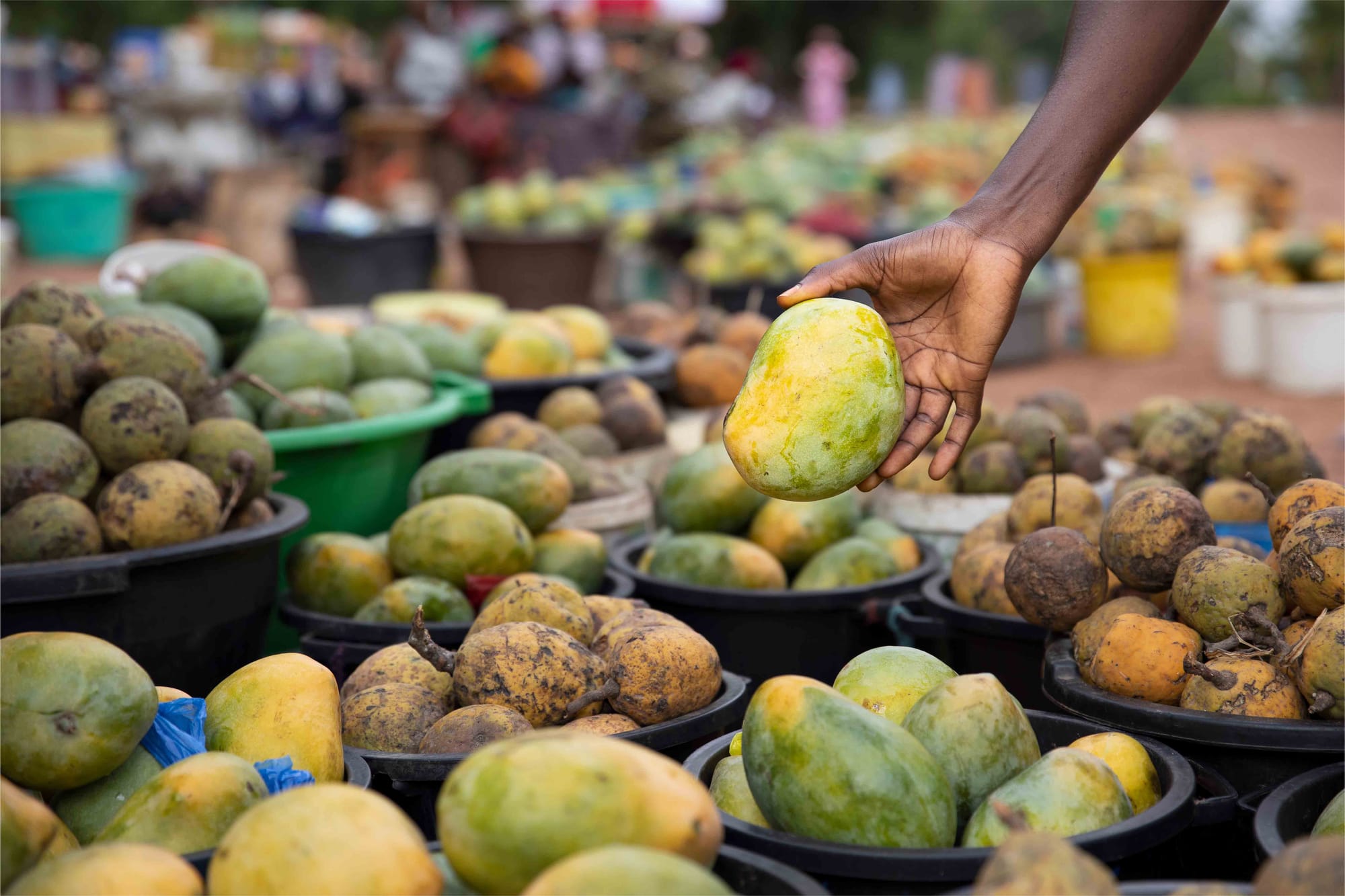
Post-harvest losses in export supply chains
In the export sector, fruits are carefully harvested and crated to avoid shocks during transportation to the packaging plant. However, losses are high due to downgrading of fruits that are incompatible with European market quality standards.
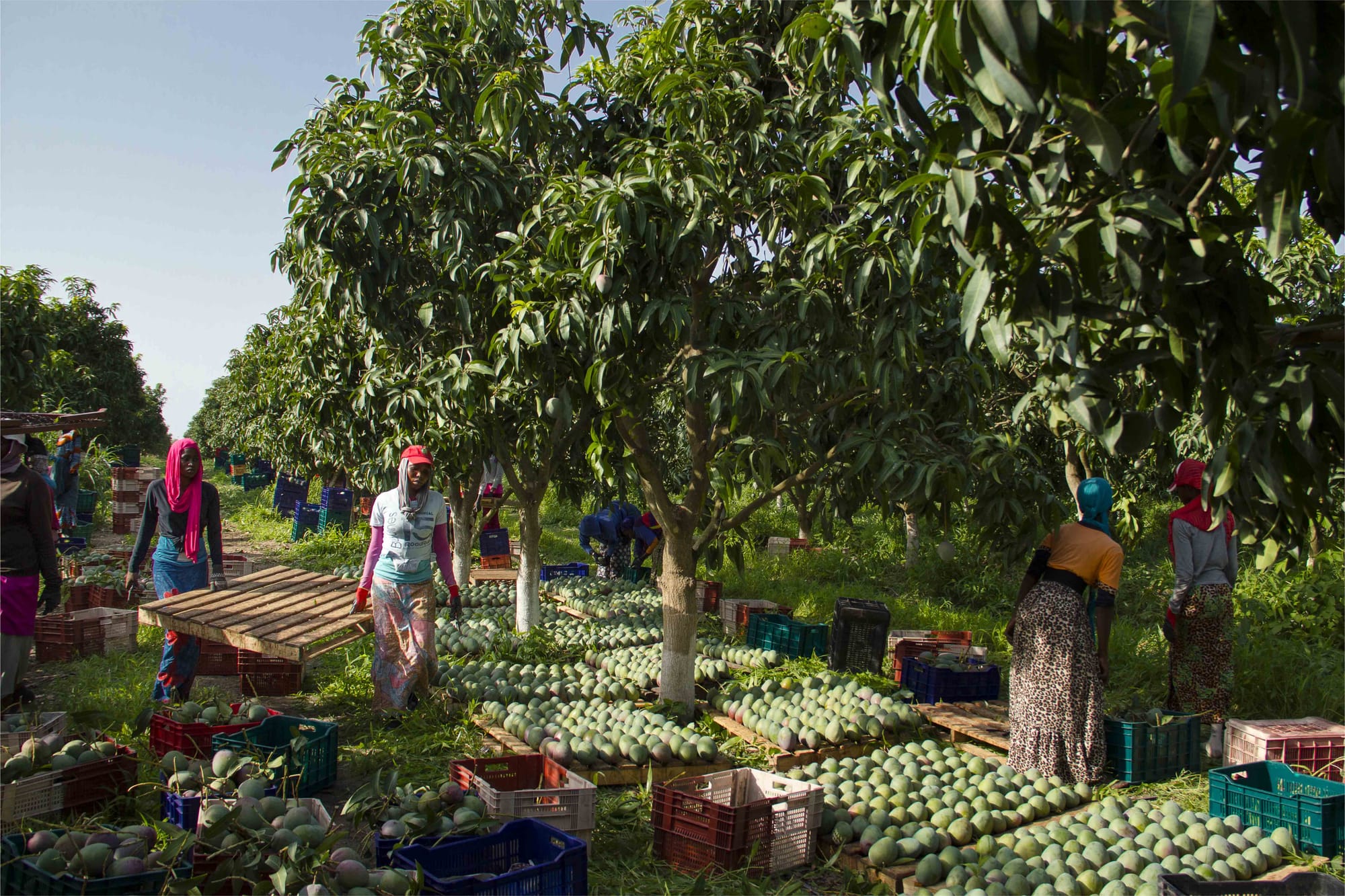
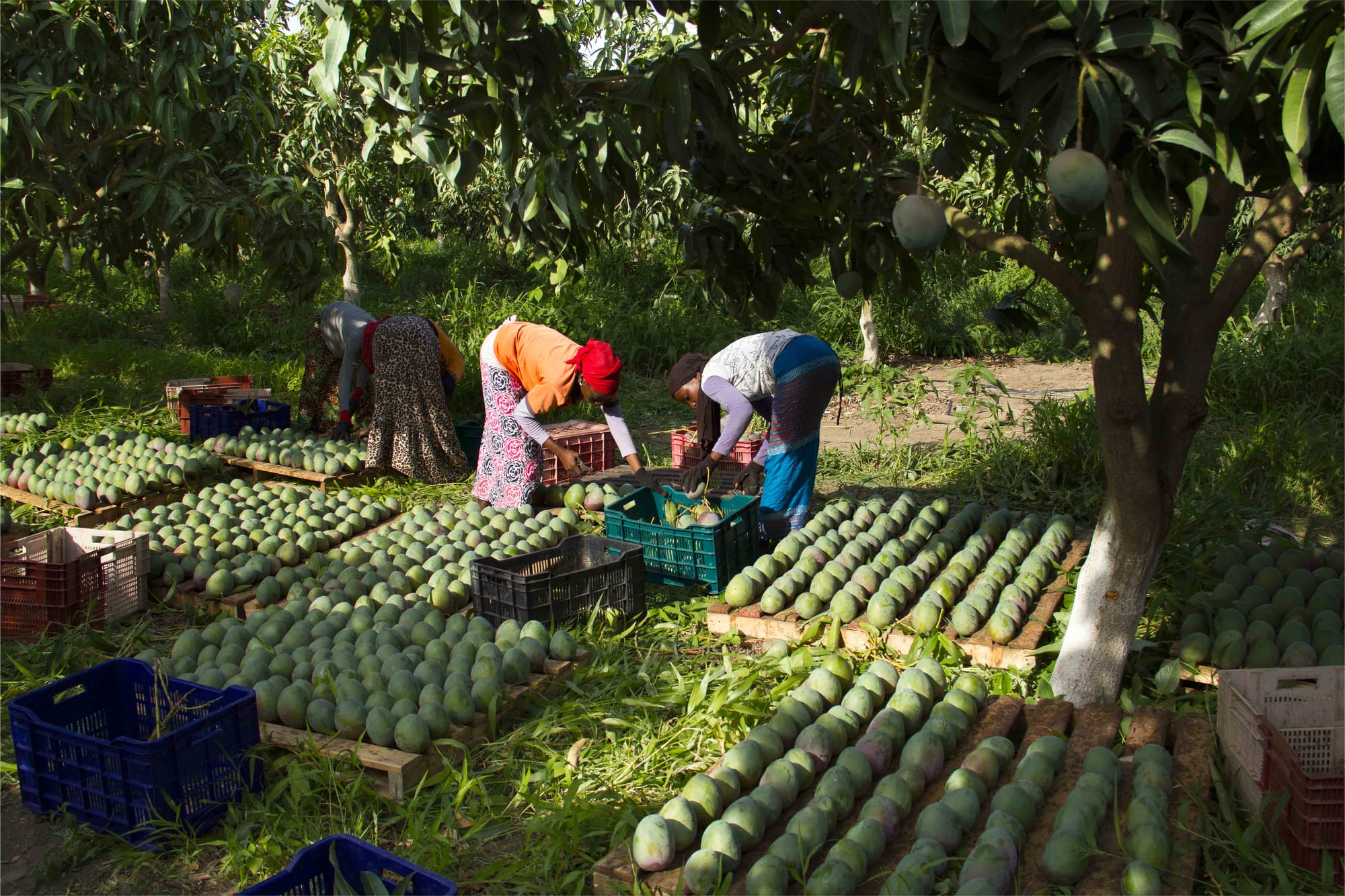
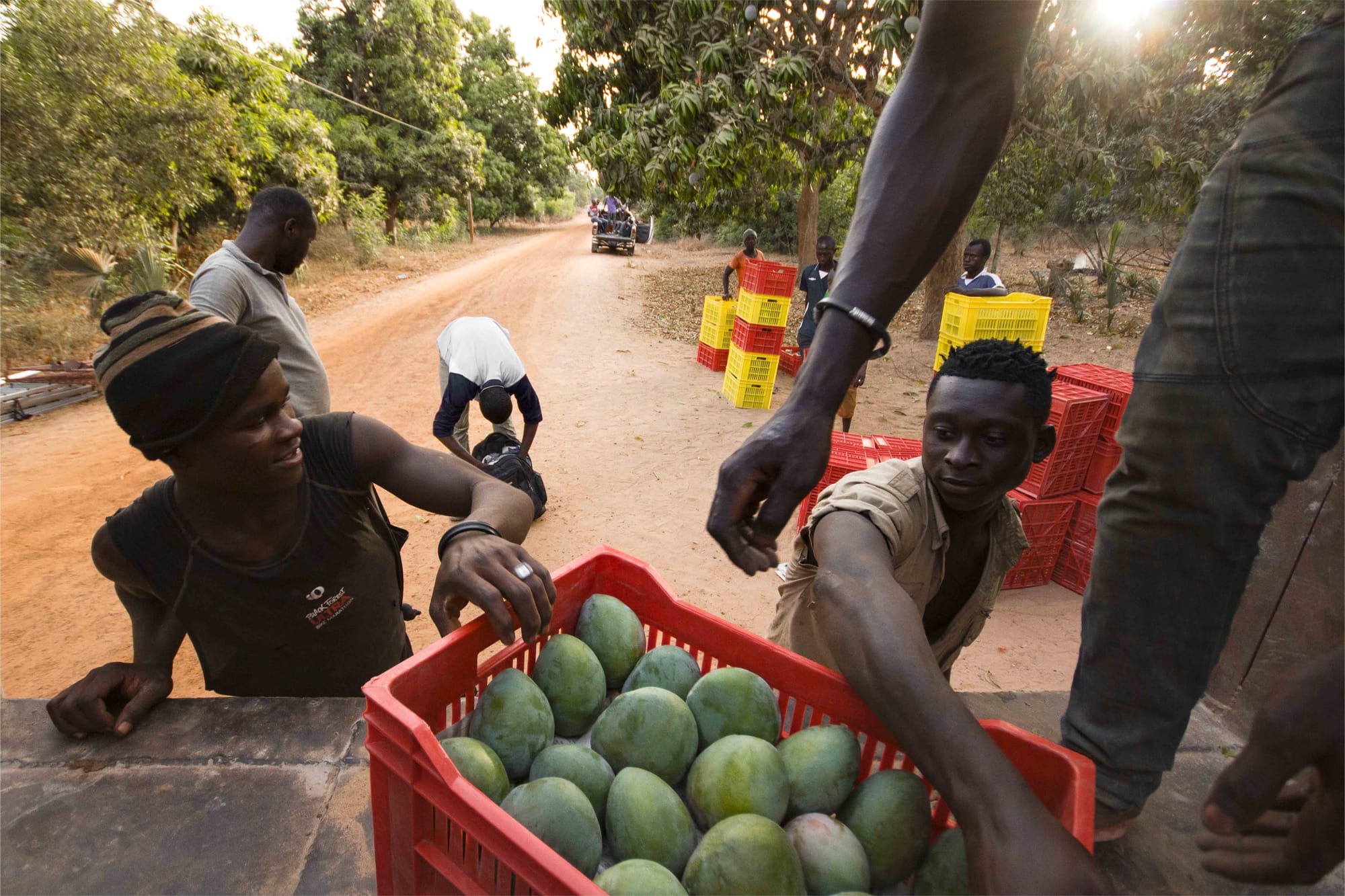
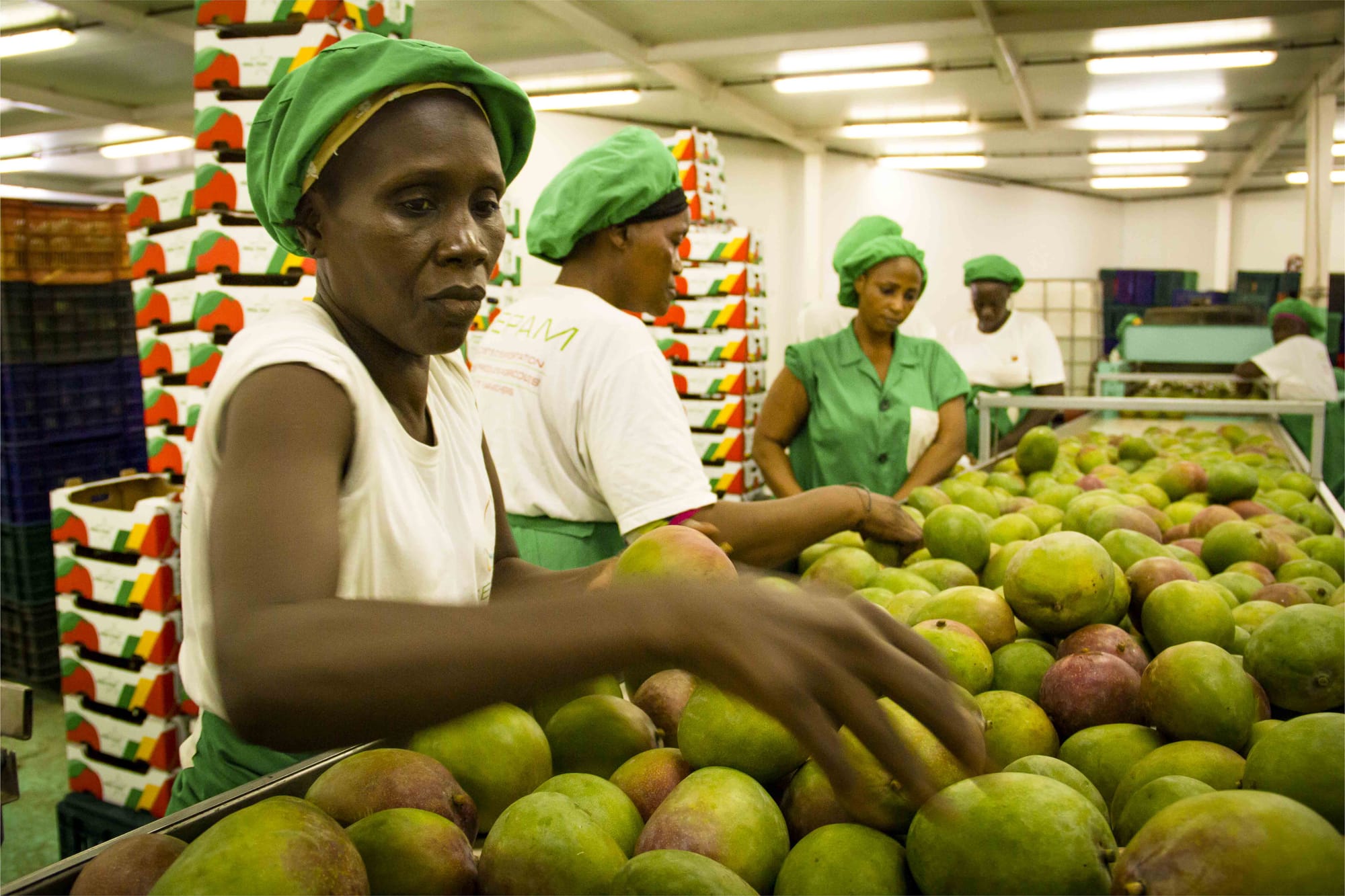
Research to reduce losses
CIRAD researchers are working hard to reduce losses in the mango sector. One important area of study is to survey farmers to understand how they operate and to develop strategies for controlling the populations of fruit flies. Such strategies include setting pheromone traps, using ants that prey on flies' larvae or using bags to physically protect the mangoes.
